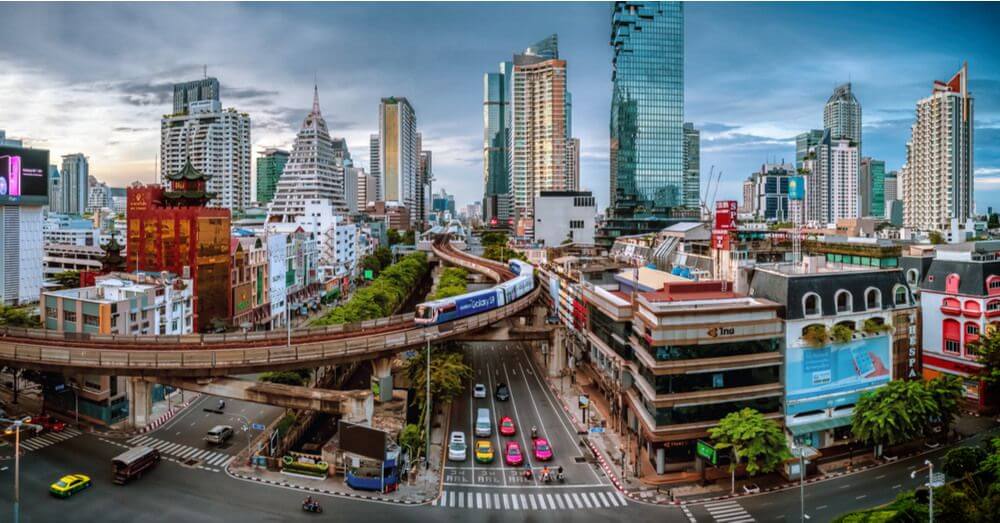
The government of the “meth superhighway” of Southeast Asia has cracked down on the flow of drugs within the country
Thailand, known as the “meth superhighway” of Southeast Asia, has drugs from remote Myanmar labs going through the border for the local market or overseas, as far as Australia, New Zealand and Japan.
The price of the drug has dropped as drug labs prioritise the production of yaba, tiny caffeinated pink or green pills taken by truck drivers and clubbers alike, as well as the pricier and highly addictive crystal meth known as ice.
Millions are addicted to drugs in the country, with prisons crowded with petty dealers and addicts. However, the drug lords themselves are hidden by a complex web of middlemen and money laundering schemes.
Authorities have announced that they are taking the hunt to the next level by targeting drug money that is funnelled through Thai banks, construction businesses and cryptocurrency accounts.
Minister of Justice, Somsak Thepsuthin, informed reporters this week that the government had discovered an irregular flow in the banks that amounted up to 170 billion baht ($5.4 billion).
While not all the funds may not be from drug money the minister said, “we are confident that there is at least 12 billion baht ($388 million in drug-related assets. Drug money is being turned into gold, zinc [panels], steel rods, and oil.”
Thailand’s crackdown on the flow of drugs gallows the recent unveiling of a string of networks that bought oil with drug profits and traded it on international markets. These networks also transformed dirty money into construction materials for sale such as steel pipes, roofing, and machinery.
A Thai woman by the name of Daoreung Somseang allegedly leads the main group. She is already in custody in a Bangkok prison over trafficking offences. The police allege that she still ran a drug empire which spanned the entire country with gold shops and construction companies, using 113 accounts to launder over $100 million in cash.
Lieutenant General Wissanu Prasarttong-Osoth, assistant to Thailand’s police chief, believes that there is a chance these drug networks are earning even more: “It’s impossible to guess the real amount these drug networks are making,” Prasarttong-Osoth said.
Daoreung’s capacity and flexibility in money laundering shows the “scale and sophistication of the networks,” stated by Jeremy Douglas from the UN Office on Drugs and Crime.
“This one is not even a super-syndicate…it’s mid-sized but is still moving a massive volume of money.” Douglas pointed out.

